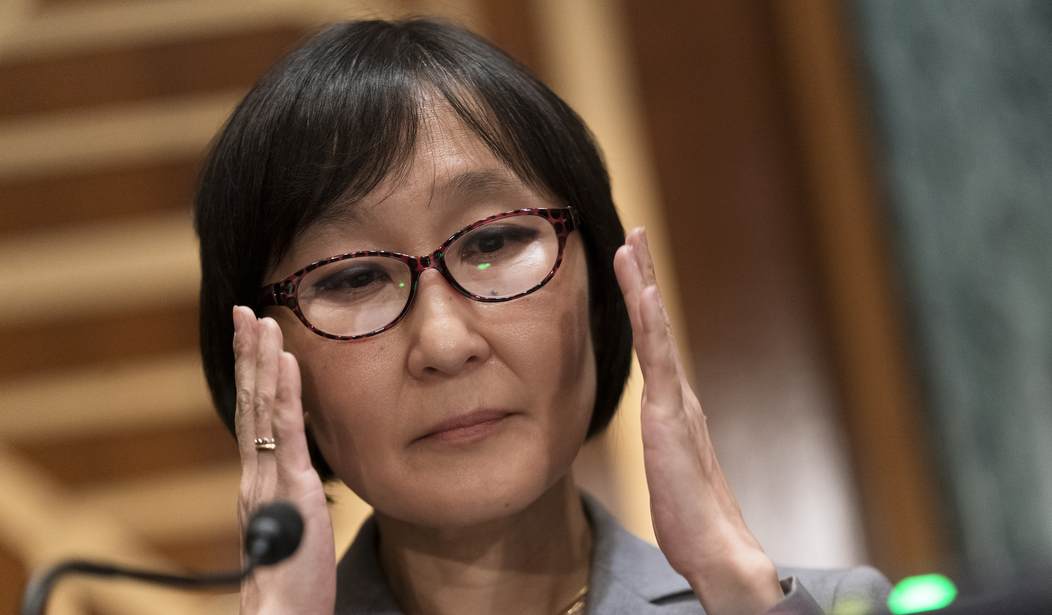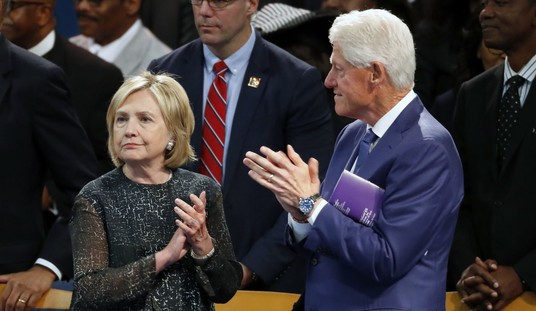Facing insurmountable odds against Office of the Comptroller of the Currency nominee Saule Omarova in the U.S. Senate, the Biden administration accepted the withdrawal letter from the embattled nominee on Tuesday.
The President characterized the abandonment of the nomination as “… unfortunately, from the very beginning of her nomination, Saule was subjected to inappropriate personal attacks that were far beyond the pale.”
But members of the Senate Banking Committee on both sides of the aisle had grown increasingly uncomfortable with Omarova’s past policy stances on how banks should be organized and regulated; including, supporting radical proposals that would “change banking as we know it” into new forms that would, if pursued, completely reorganize the relationship between individual American’s bank accounts and the federal government; as well as alter the fundamental business economics of the remainder of the banking institution business model for lending and finance.
Omarova’s stated supported proposals would cause banks to cease being depository institutions for individual accounts, reassigning these checking and savings “demand deposit accounts” directly to the Federal Reserve. That proved too radical an agenda for Democrat and Republican senators to take a risk on; particularly given that the head of the OCC does, indeed, have the power to facilitate such changes as part of their tenure.
Omarova also raised eyebrows with her support for the concept of a National Investment Authority (NIA) that would have the power to direct private capital investment in the US from a central planning entity. This caused concern not just in private industry, but in the thought that the US might move in the direction of Washington-based controlled investment of the type not seen in the US since mobilization for World War II.
The closest we’ve come to it recently was in 2020 as part of the Trump administration’s organization of federal resources to combat the COVID-19 crisis. Detractors of the NIA model correctly compare the approach to be closer to the one used by the government of China in managing that country’s centrally planned economy. The parallels were politicized, as often happens in the American debate process, which the Biden team interpreted as “personal attacks.”
But the senators who expressed concern over Omarova’s past support for central authority policies stated that their primary concerns were about balking at applying such radically different principles to the free-market economy model of the United States; particularly so at a time when the U.S. economy remains fragile following almost two years of COVID-19 stress.
It’s clear that the Biden administration overreached attempting to pursue a bold, liberal game-changing agenda with this nomination. It wasn’t the beliefs, history, or qualifications of the Cornell professor that were put to the test here; it was the question of whether the ambitions of the Biden team remain aligned with the national interest of the United States as 2021 ends and the stresses of 2022 loom on the horizon. The next nominee will need to have more conventional views for the Washington establishment to be comfortable.
For Dr. Omarova, the answer is that the nation will carry on under someone else’s stewardship.














Join the conversation as a VIP Member